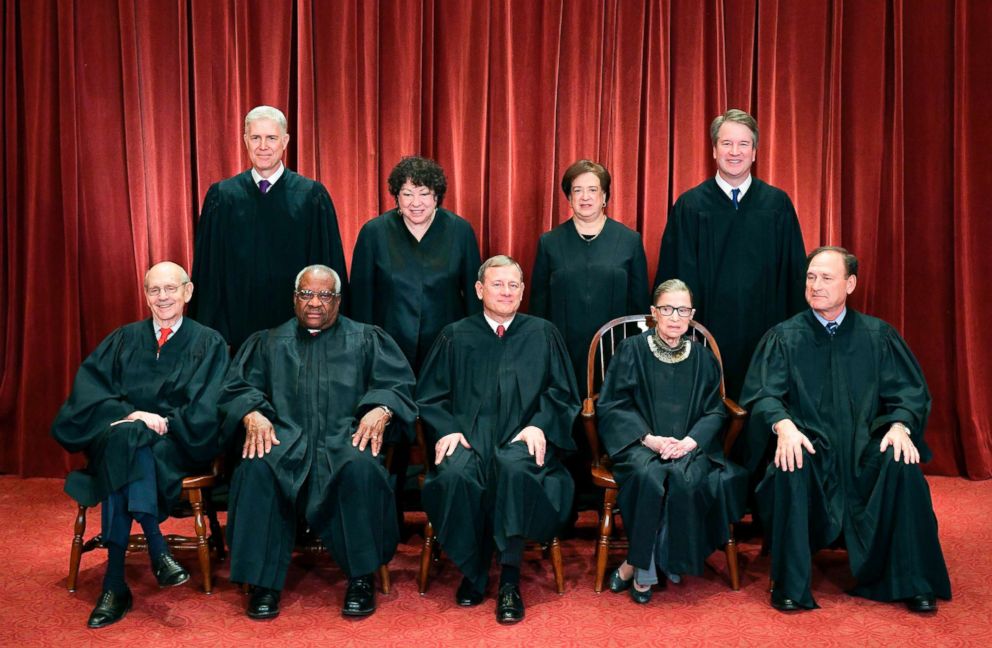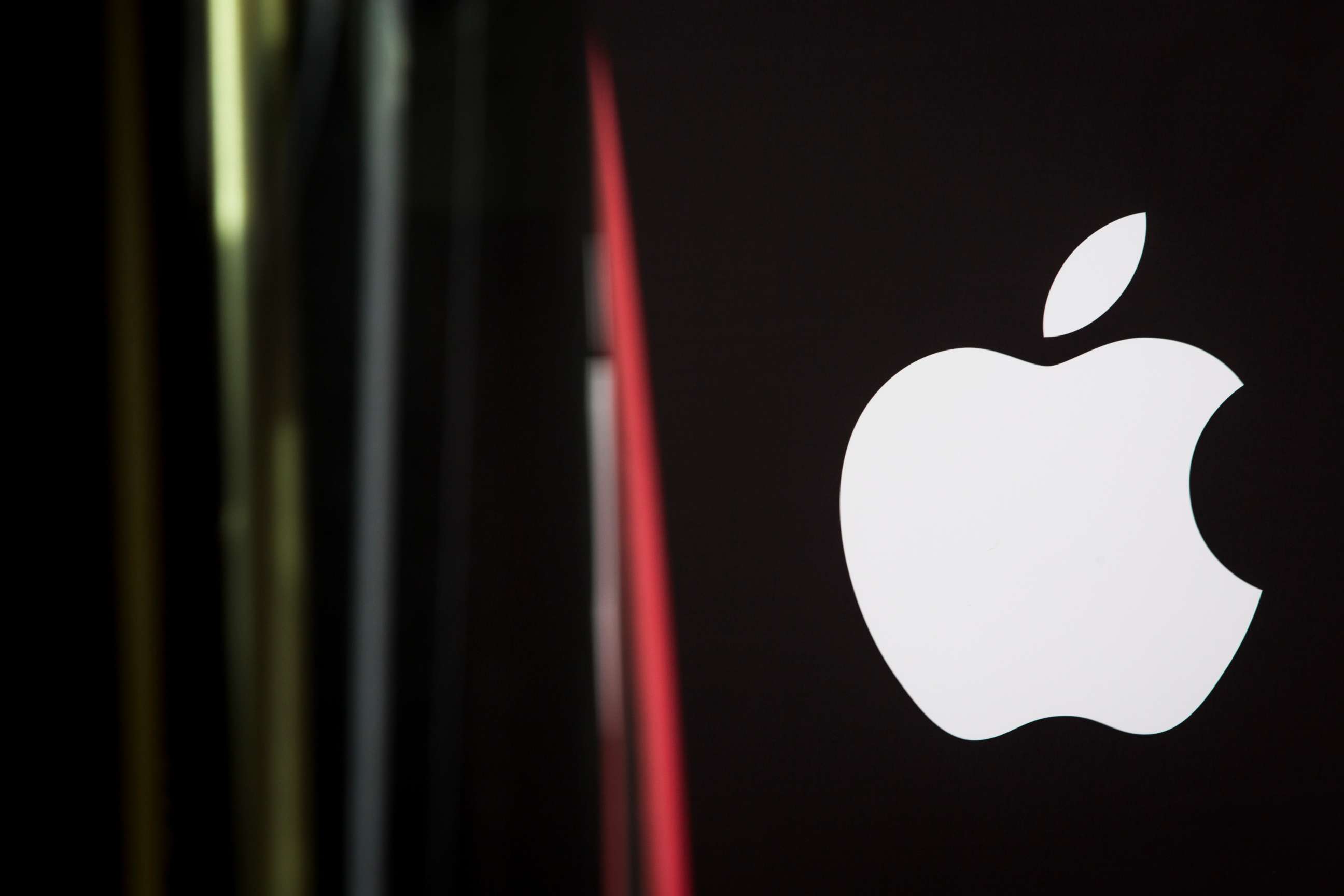Supreme Court clears way for iPhone users to sue Apple over App Store prices
Justice Brett Kavenaugh sided with the court's four liberal justices.
A divided Supreme Court on Monday cleared the way for iPhone owners to sue Apple for alleged "higher-than-competitive prices" for apps sold in App Store.
"A claim that a monopolistic retailer (here, Apple) has used its monopoly to overcharge consumers is a classic antitrust claim," wrote Justice Brett Kavanaugh in the majority opinion, joined by the court's liberal justices Ruth Bader Ginsburg, Stephen Breyer, Sonia Sotomayor and Elena Kagan.

"Apple asserts that the consumer-plaintiffs in this case may not sue Apple because they supposedly were not 'direct purchasers' from Apple," he says. "We disagree. The plaintiffs purchased apps directly from Apple and therefore are direct purchasers."

The opinion does not resolve the merits of the consumers' allegations against Apple, rather simply allows them to proceed in court.
In dissent, Justices Neil Gorsuch, John Roberts, Clarence Thomas and Samuel Alito said court precedent should have blocked the lawsuit.
"This court held that an antitrust plaintiff can't sue a defendant for overcharging someone else who might (or might not) have passed on all (or come) of the overcharge to him," Gorsuch wrote. "This replaces a rule of proximate cause and economic reality with an easily manipulated and formalistic rule of contractual privity."




